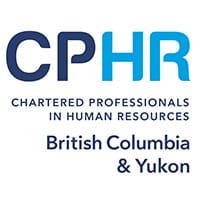Employers in British Columbia are responsible for the protection of the health and safety of their employees. Workers must be informed of the known hazards that pose workplace injury risks, and they should be given safety training to learn how to mitigate those hazards. Workers who are tasked with jobs in unsafe conditions have the right to refuse to do the work.
Employers who encourage their workers to report near misses and potentially unsafe circumstances benefit significantly from an up-to-date understanding of safety concerns on site. Regardless of the employer’s policy or lack thereof for internally reporting safety concerns, workers have the right (and obligation) under worker’s compensation legislation to report an unsafe work condition if necessary. When faced with an internal report of an unsafe work condition, it will then be the duty of the employer to assess the situation and take appropriate corrective action. Employers may not discipline workers who refuse to work due to a safety concern.
If a worker believes that unsafe conditions have not been adequately addressed, but the employer deems the work environment safe, the worker is entitled to accompany the employer during a further investigation. The worker is entitled to have a co-worker or a trade union representative present during this investigation. If, after such an investigation, the worker still believes the conditions to be hazardous, he or she can report the matter to WorkSafeBC.
It is often at this stage when it becomes a daunting prospect to report unsafe working conditions. Workers may relent and choose not to make a formal report to WorkSafeBC. This can have devastating consequences. If a worker has suffered a workplace injury due to an unsafe work environment, an experienced lawyer can provide valuable support with navigating the WorkSafeBC reporting and claims processes. If necessary, counsel can assist workers with the Worker’s Compensation Board of British Columbia or any other ensuing legal proceedings.


